A Scottish island is ready to move ahead with a tax on the visitors crowding their roads with motorhomes, noting that these large vehicles are impacting the island’s life.
This new tax comes from the uptick in motorhomes and campervans that have crowded that island and created a new threat to the island’s community.
Sorry Motorhomes, This Tax Affects You
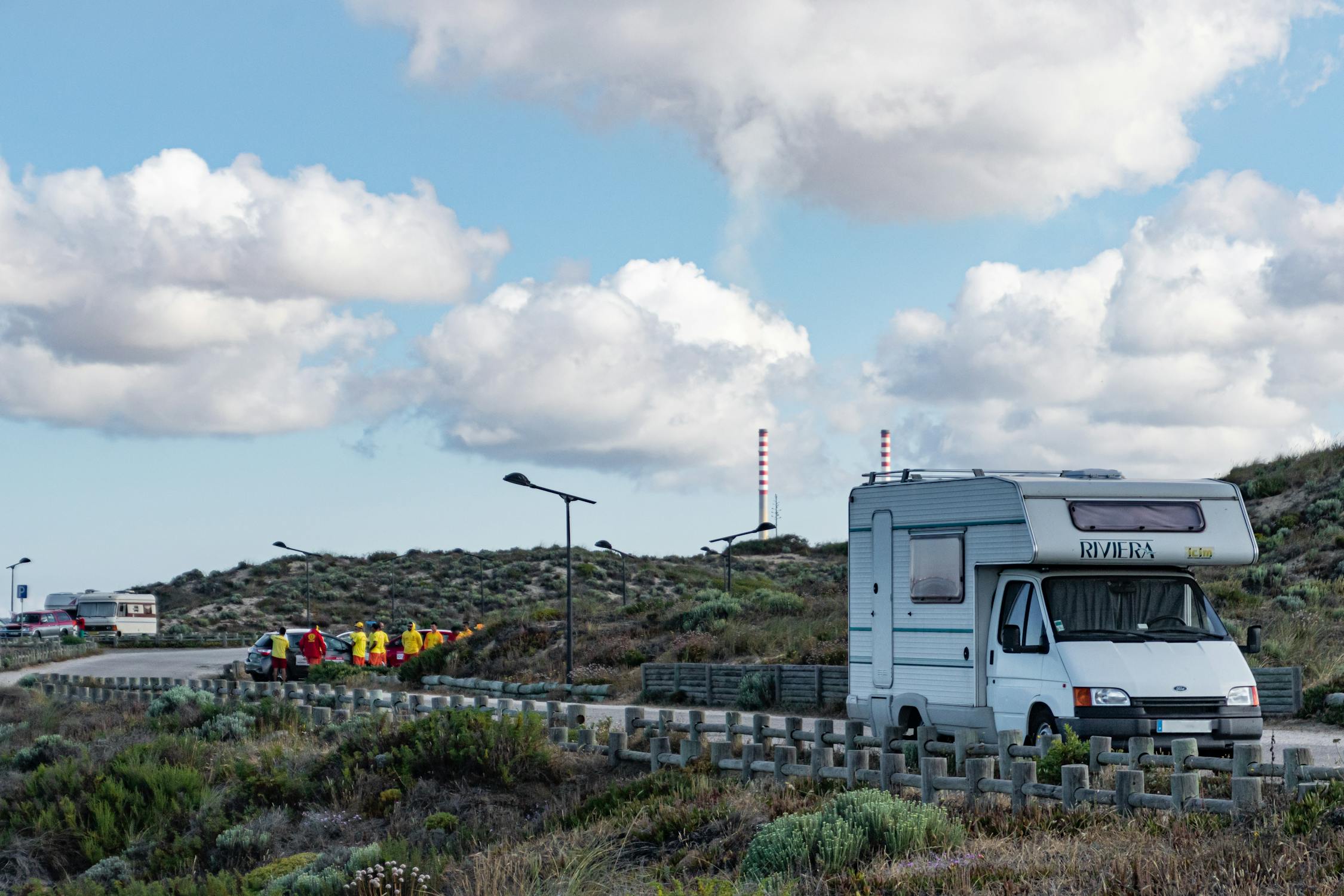
Scotland’s new “tourist tax” passed into law, which would allowed accommodations provers to add a small charge to overstays for for visitors to the island. This impacts international tourists and local Scotts.
Motorhomes that try to curve the extra “out-of-town” tax by not staying on established sites are not able to evade this tax.
Motorhomes are Money-Taxing Machines
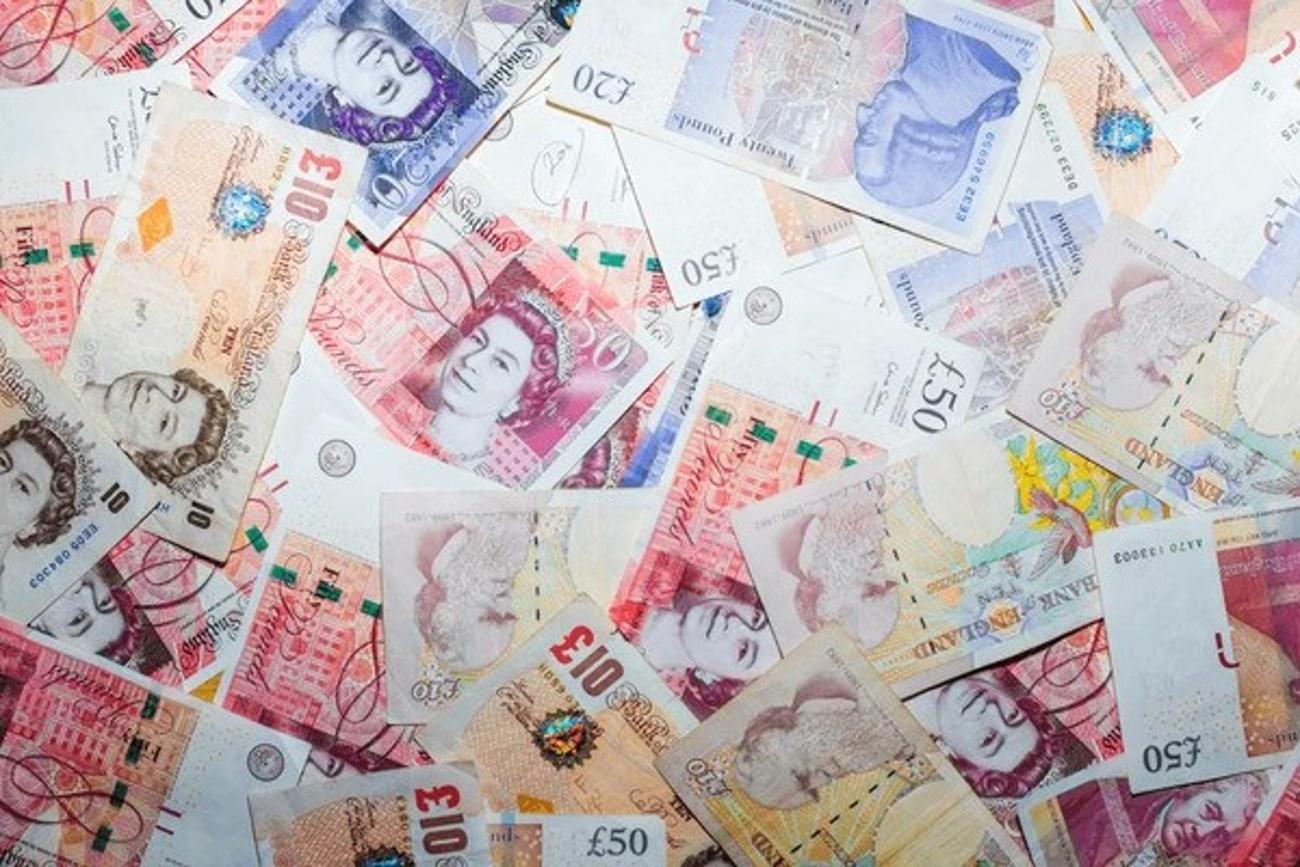
Simon Cousins from Scottish management organization company Skye Connect said that the company wanted the money raised on Skye by the tourist tax to stay with Skye, and is in discussion to figure out how to charge motorhome users.
Cousins says a motorhome charge could raise “millions of pounds” for the island. “We think that campervans should be charged and it would be easy to do on Skye. Number plate recognition could capture the motorhomes at ferry ports and coming over the bridge,” he said (via Scotsman). “That could raise potentially millions of pounds a year given the number of campervans that we get. There is quite a lot of evidence that motorhome users don’t actually spend a lot of money in the local economy.”
Issues With the Tax of Motorhomes

Highland Council lobbied the Scottish Government to include motorhomes in the tourist tax. Established caravan and camping parks have criticized the passing of this tax, claiming it is unfair since they have to meet strict health and safety requirements while paying tax, staffing costs, and energy bills.
“There is potentially a huge issue with the council making this voluntary scheme for campervans at a time when other accommodation providers are having a compulsory scheme placed on them. I think there will be some legal challenges around that,” Cousins said.
Not Missing an Opportunity
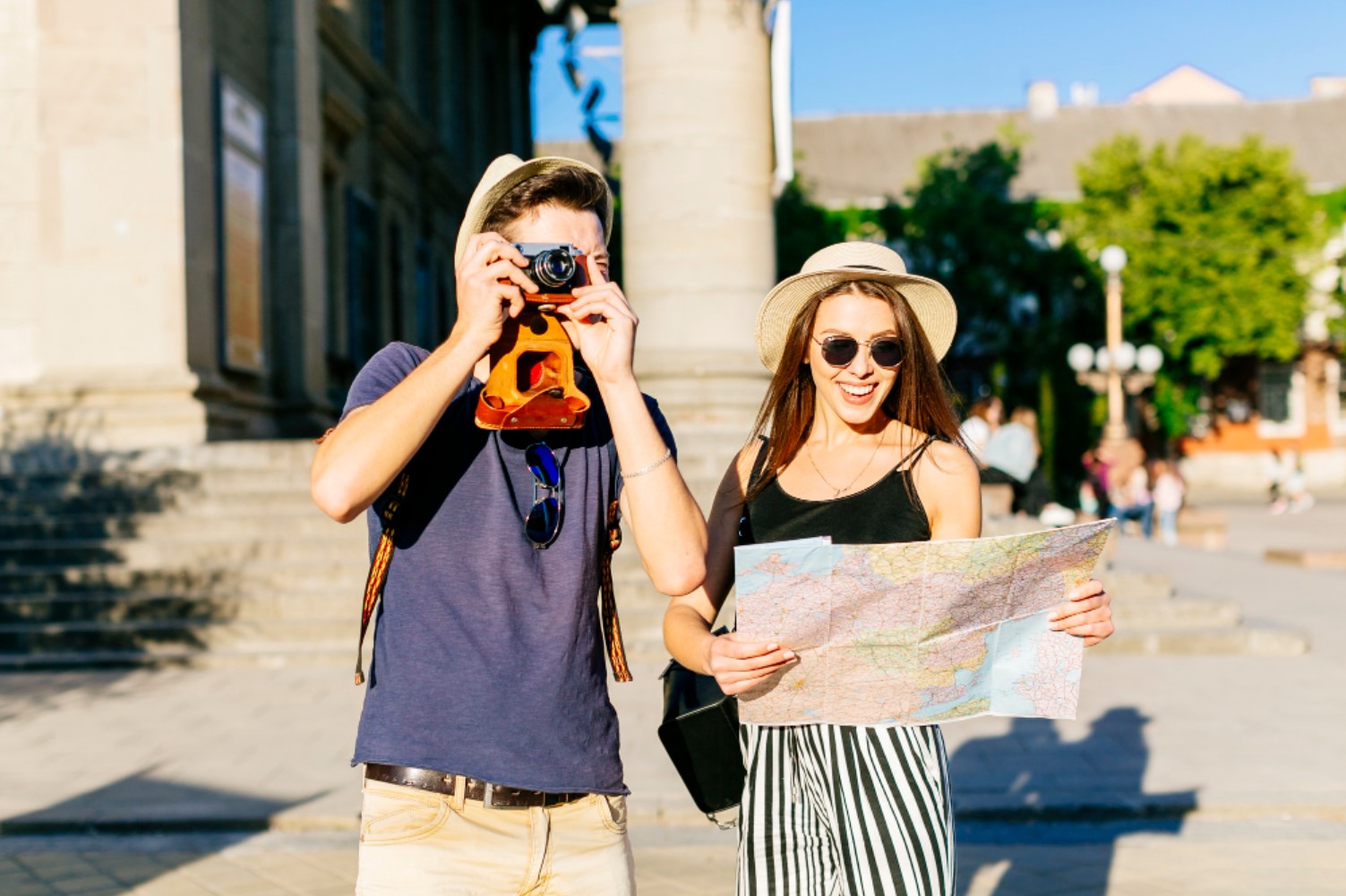
Cousins describes Skye as the “jewel in the crown” of Highland tourism and said that he did not want the introduction of the tourist tax to be a “missed opportunity.”
“If we knew all of that money was coming to Skye, then plans could be made for spending it,” he said. “But if we have got to wait and pitch into a bidding process against other areas, we don’t think that we will get anywhere near the sums of money that are being raised on Skye.”
What Is the Tourist Tax?

A tourist tax in Edinburgh has been a topic of discussion among industry leaders as international travelers roll into town, threatening to damage Scotland’s image. The Under the Visitor Level (Scotland) Bill will charge tourists visiting Edinburgh Castle 4% of the cost of admissions.
Local authorities would also be allowed to apply an additional charge on overnight accommodations based on a percentage of the bill.
Support of the Tax
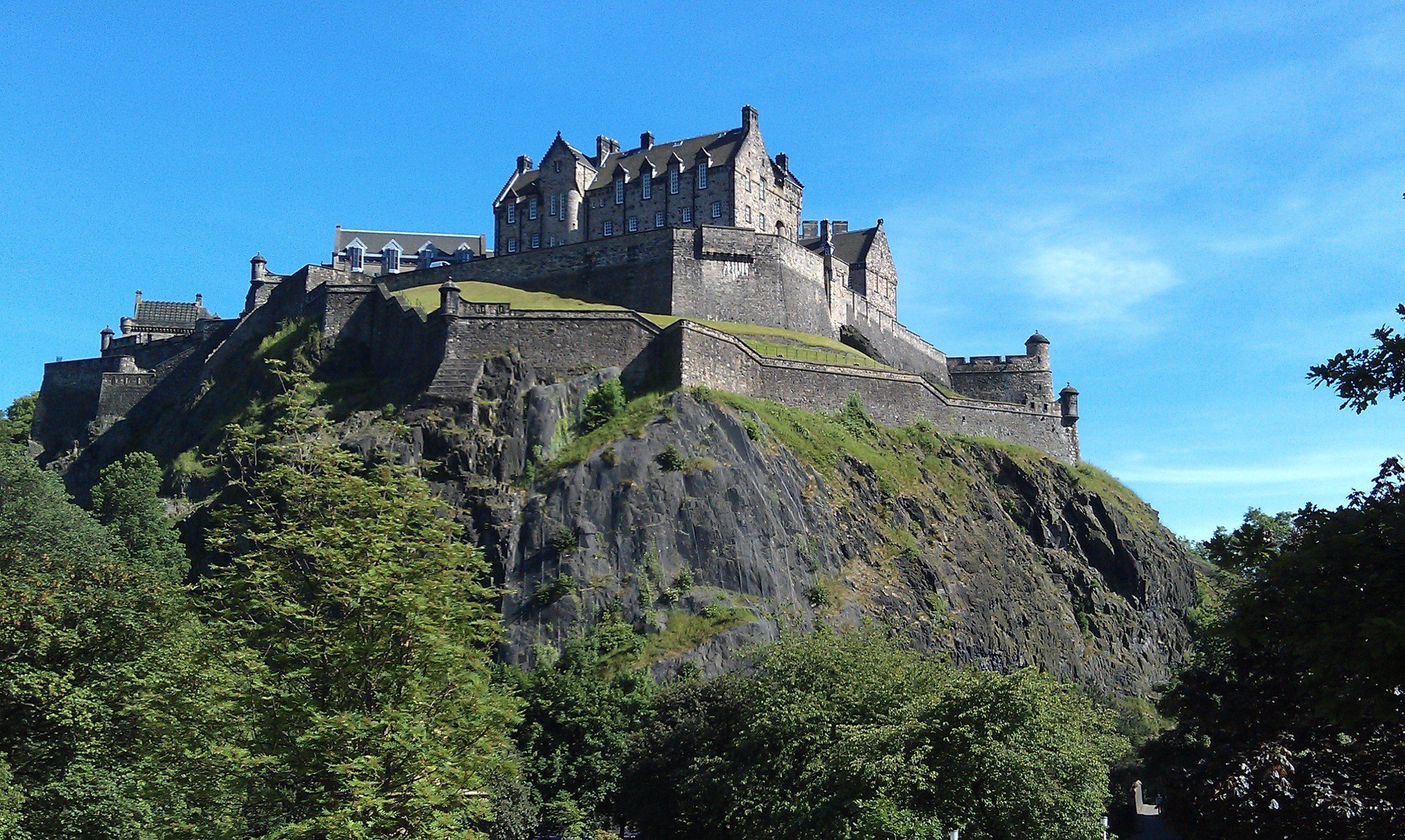
The city council has also suggested that visitors to Edinburgh could also face additional charges of 4%. The Edinburgh Hotels Associaton, which represents more than 60 of the city’s major hotels, has told parliament that it would “undermine the ability of Edinburgh to provide competitively priced accommodation.”
And they’re not alone. The Edinburgh Chamber of Commerce, which has more than 100 members, says it supports the levy “on condition” that the money generated is “reinvested” back into the tourism industry.
Scotland’s Tourism Score Is One of the Worst
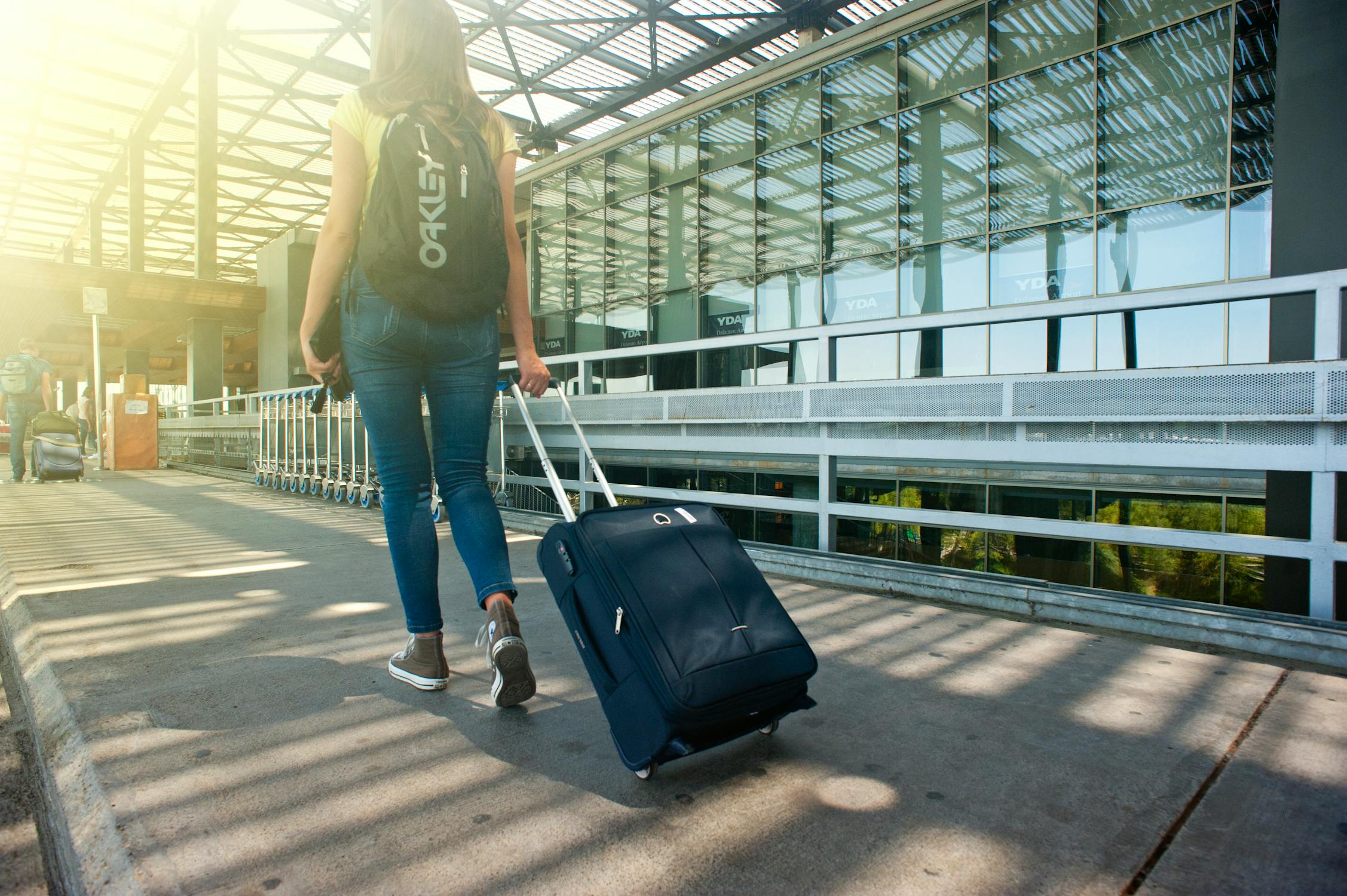
Chair Neil Ellis said: “Scotland (and the rest of the UK) already scores very low on price competitiveness compared to other destinations due to high levels of tax.
“As well as potentially impacting on our much-needed international visitors, a levy may well have an adverse effect on domestic visitors.”
The Risk to Scotts
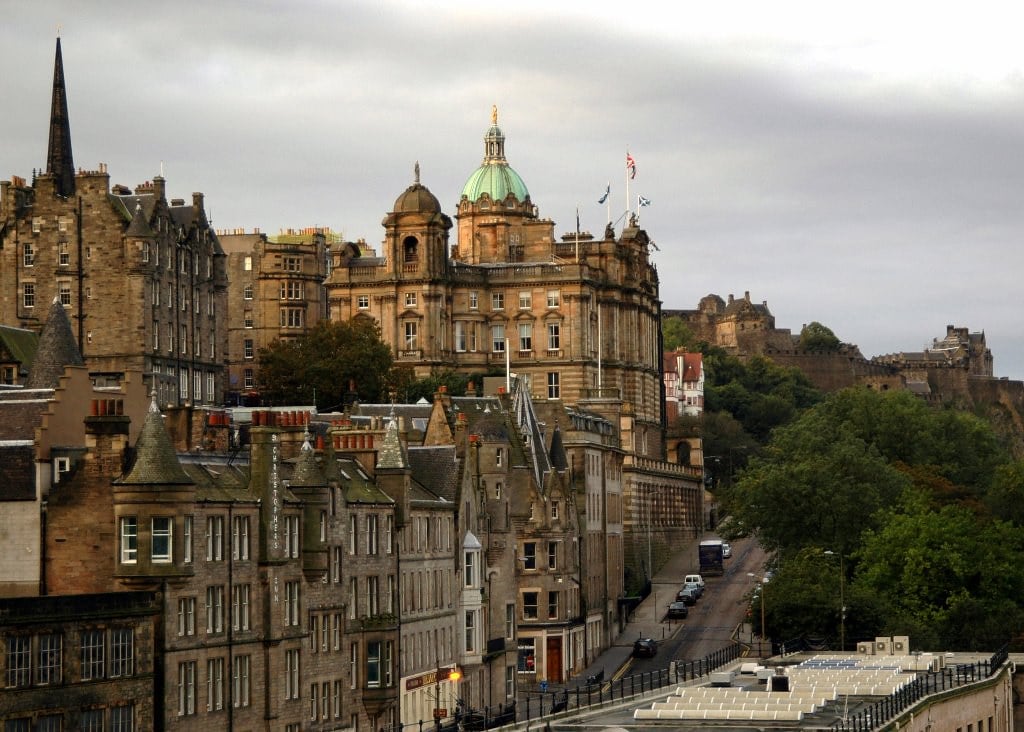
However, not everyone believes that the tourist tax will be beneficial to the community. Tourism chiefs in the city worry that an extra tax on overnight accommodations could deter Scots from investing in the country.
“If we talk about it as a tax on tourism, to be used in any number of ways, presenting tourism as a negative thing that damages local communities, this will present a negative and unwelcoming image of Scotland,” a report for MSPs reads.
The Future of Entertainment

Although some support the principle of introducing a levy, many demand that the industry control the “narrative” and warn about a “very real danger” to Scotland’s reputation as a “world-leading tourism destination” if the levy deters visitors from coming to the city.
Edinburgh’s festivals have already expressed concerns that the introduction of the levy could price performers, companies, and crews out of staying overnight in the city.
Another Subject for Debate

Chief executive Roddy Smith says that the money collected from the tourist tax could be another tough subject for debate among the business and the island’s government. “If the levy introduced is not too great, less than 5%, then I do not think it will negatively impact on the number of visitors coming to the city,” said Smith.
“However, the levy collected MUST NOT be used to replace reducing council budgets in services that are not related to supporting the visitor economy,” Smith said. “How the money generated is used is the most crucial element of this process.”
Where Is the Money Going?
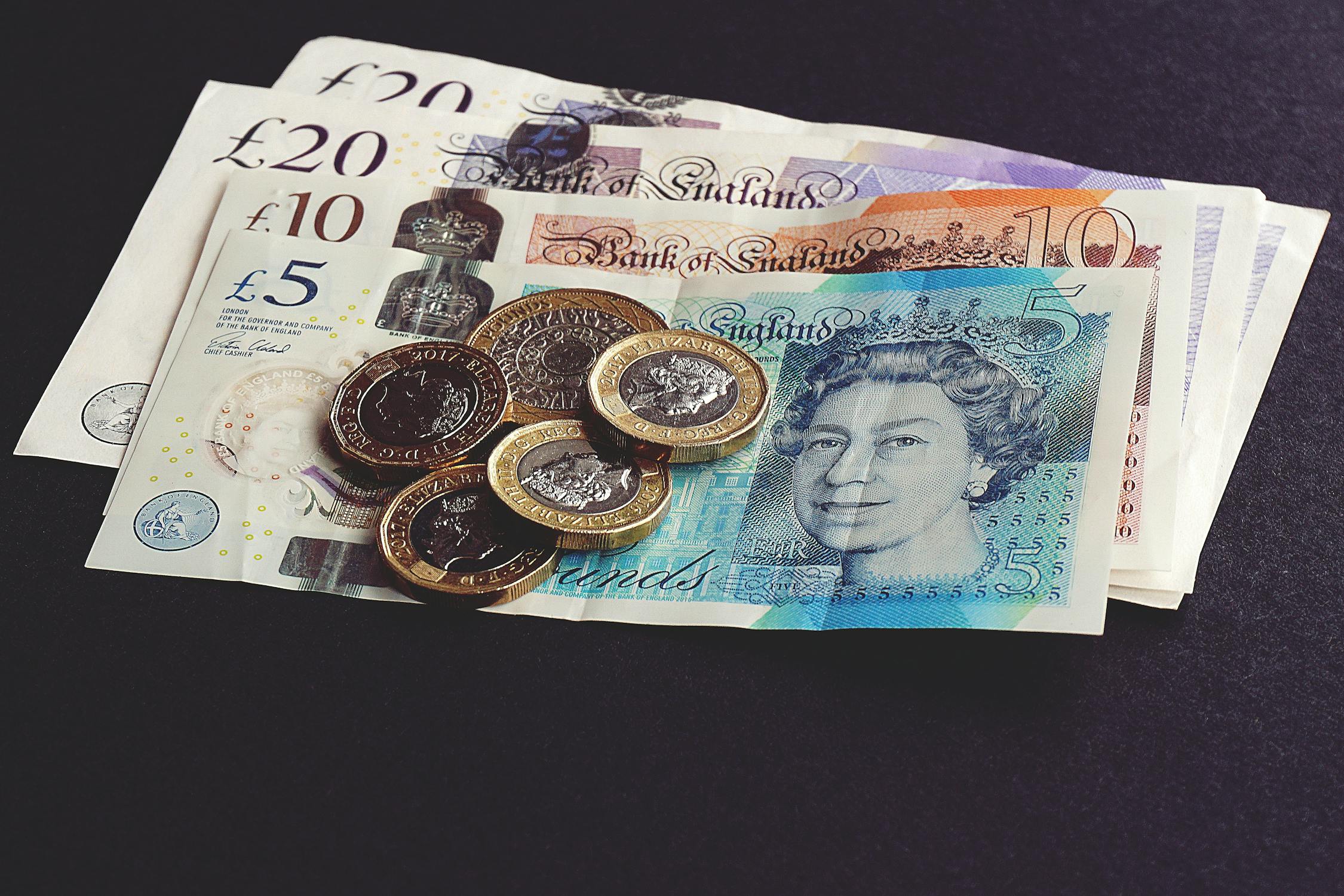
The report to MSPs states, “This scheme is not intended to fill a hole in local authorities’ budgets. The way that we discuss the levy, and the way it is communicated, is almost more important to potential visitors’ perceptions of the cost than the actual cost itself.”
“However, if we view and present the levy instead as a positive investment in the quality of our welcome and experiences on offer to visitors, and back this up with proper investment in facilities and services which are substantially for or used by visitors, then this can go a long way to offsetting the financial impact on visitors.”








































